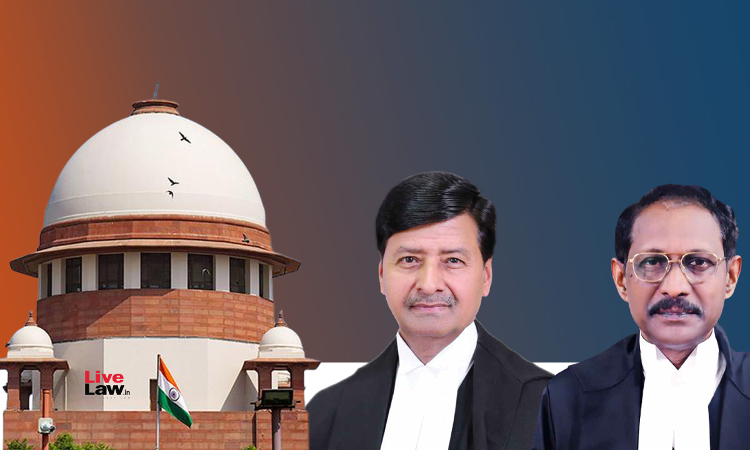POCSO Act - Non-Reporting Of Sexual Assault Despite Knowledge Is A Serious Crime : Supreme Court
Ashok KM
2 Nov 2022 6:29 PM IST

Next Story
2 Nov 2022 6:29 PM IST
The Supreme Court observed that non-reporting of sexual assault against a minor child despite knowledge is a serious crime.More often than not, it is an attempt to shield the offenders of the crime of sexual assault, the bench of Justices Ajay Rastogi and CT Ravikumar said while setting aside the Bombay High Court order that quashed criminal proceedings against a medical practictioner who...
